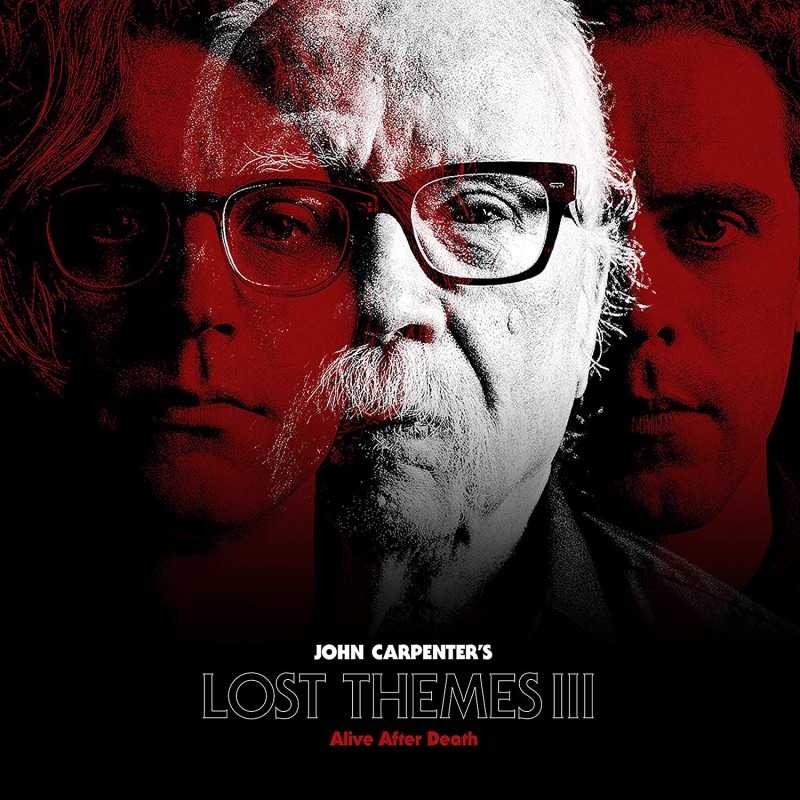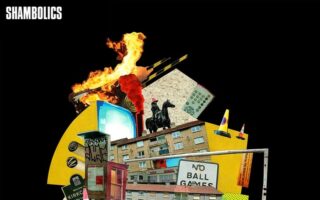
One way or another, movie director John Carpenter has almost certainly scared either you or people you know.
Now a veteran who helmed his first film Dark Star as far back as 1974, the man who brought us Halloween, The Thing and various other low-budget, high body-count classics has spilled more fake blood than an entire series of Casualty.
A signature trait of his work at its best were their soundtracks, mostly self-composed and performed as both a creative endeavour and also a means to save production time and money.
With the originals mostly consigned to obscurity almost from the off, a reissues program originally devised by Spencer Hickman’s Death Waltz label (its first release was a vinyl edition of the score for Escape From New York) has in recent years introduced the characteristically synth-heavy tones to a new generation of cultists, fostering a popularity that in 2016 led to Carpenter playing live shows for the first time.
Working again with son Cody and godson Daniel Davies, Lost Themes III: Alive After Death finds the maverick still blessed with a fertile imagination and more than willing to embrace his own legacy.
Often horror films have traded building atmospheres for cheap jolts, but the premise of each album has remained the same; the music has a common purpose, but that house on the end of street, darkened graveyard or tapping at the window is for the listener to imagine themselves into.
Although Carpenter Sr. returned to working with a camera in the 2018 re-boot of Halloween, the trio make no obvious move to break away from the avowedly retro footing of the previous two instalments of their work together; windswept, straining chords dominating the bleak horizon and would-be chase scenes of Cemetery, while audio dry-ice haunts the eerie Turning The Bones.
It’s not immediately apparent if all the pieces are meant to be joined together as if part of the same experience or are more random possible mindscapes, but after clicking into gear effortlessly on the exotically guitared title-track, the delicious threat of Weeping Ghost’s Moroder-isms are playfully 80’s evocative, while the exotic chillwave of Skeleton is a neat reminder of just how much that nano-genre was indebted to neon and tech noir.
Although the synthesiser is a relatively new way of drawing viewers in, there’s still something reliably archaic about what tracks like Dead Eyes are trying to do, an ambiguous and vaguely melodramatic line that could be used as an accompaniment to scenes of good or evil. On The Dead Walk, the vibe is more mad professor prog, while the neo-classicist motifs of Vampire’s Touch are surprisingly…human.
Kitsch all this maybe, but it’s safe to assume that you don’t make films like The Fog or Ghosts Of Mars if you yearn for critical acceptance.
And the obvious problem remains of the gap created by separating the visual and audio mediums, especially in something as primal as a horror film where the impact of both could be diminished significantly without the other. How that is resolved in each case here is solely a matter of imagination.
Whether John Carpenter now sees himself as a musician as opposed to a director probably depends on what project he has in front of him, content in the knowledge that he can capture an audience by doing either.
Lost Themes III: Alive After Death is a sequel to the sequel that will probably keep his appetite for his own franchise very much undead.



